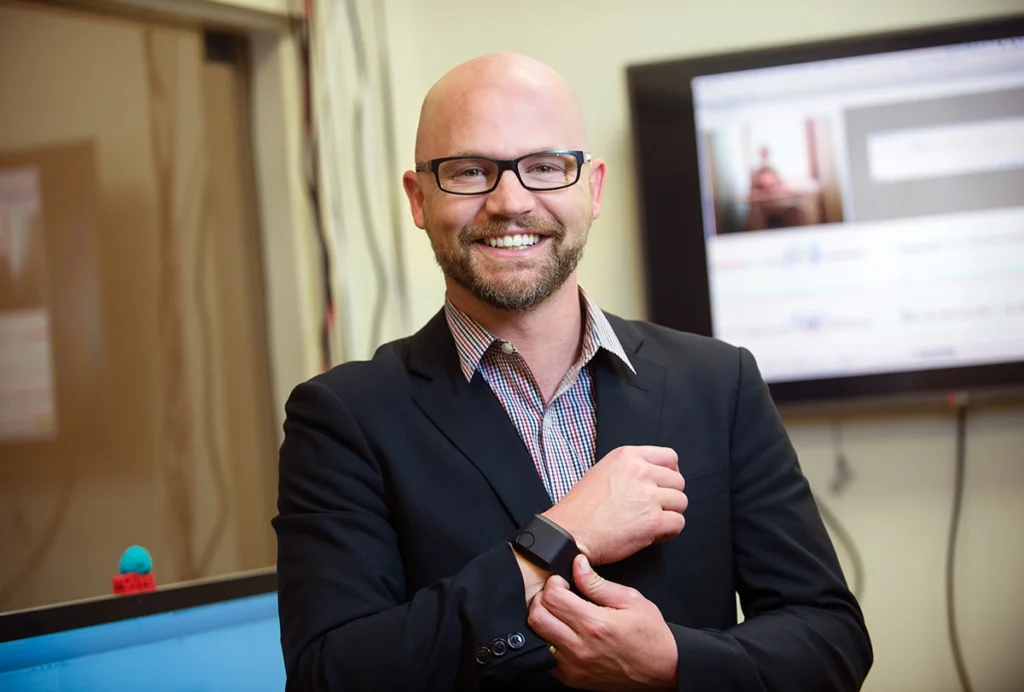Uta Frith studied experimental psychology at the Universität des Saarlandes, Saarbrücken and trained in clinical psychology at the University of London’s Institute of Psychiatry She completed her Ph.D. thesis on autism in 1968 and from then on has worked as a research scientist funded mainly by the Medical Research Council UK. She has been Visiting Professor at the University of Aarhus, Denmark from 2007-2015. She is now Emeritus Professor of Cognitive Development at the UCL Institute of Cognitive Neuroscience.
Autism and dyslexia have been her main focus of research. In both fields she has pioneered an experimental neuropsychological approach. She has contributed some of the major theories explaining these disorders and has identified specific deficits in underlying cognitive mechanisms and their basis in the brain. She has published some 250 papers and books, and in 2014 she was listed by the APA as among the 200 most eminent psychologists of the modern era.
In the last few years she has increased her work in science communication, and in championing women in science.
Uta Frith
From this contributor
London as a crucible for autism in the 1950s
Autism pioneer Uta Frith reminisces about dramatic shifts in British researchers’ understanding of autism that effectively ended the institutionalization of children with the disorder.
Intense world theory raises intense worries
The ‘intense world theory’ of autism, which has attracted much interest from the popular press, has received very little academic scrutiny. Uta Frith and Anna Remington ask: Is it as positive as it purports to be, and what does it mean for autism?

Intense world theory raises intense worries
Uta Frith: Why I am obsessed with this cognitive thing
No matter which of the numerous genetic and environmental risk factors has caused autism, the part of the system that is always affected is most likely to be found at the cognitive level, argues Uta Frith, a leader in the field of cognitive neuroscience.

Uta Frith: Why I am obsessed with this cognitive thing
Explore more from The Transmitter
How to explore your scientific values and develop a vision for your field
As a new professor, I was caught off guard by one part of the job: my role as an evaluator.

How to explore your scientific values and develop a vision for your field
As a new professor, I was caught off guard by one part of the job: my role as an evaluator.
What neuroscientists should know—and what they can do—about changes to BRAIN initiative funding
Many grant proposals submitted to the program in the past year are unlikely to be funded, according to people within the National Institutes of Health. But scientist advocates are reaching out to congressional representatives to try to make changes for 2025.

What neuroscientists should know—and what they can do—about changes to BRAIN initiative funding
Many grant proposals submitted to the program in the past year are unlikely to be funded, according to people within the National Institutes of Health. But scientist advocates are reaching out to congressional representatives to try to make changes for 2025.
Crowdsourcing to curb aggression in autism: Q&A with Matthew Goodwin
To accelerate the development of real-time behavioral prediction technology, a research team is sharing data and seeking new collaborators.

Crowdsourcing to curb aggression in autism: Q&A with Matthew Goodwin
To accelerate the development of real-time behavioral prediction technology, a research team is sharing data and seeking new collaborators.
